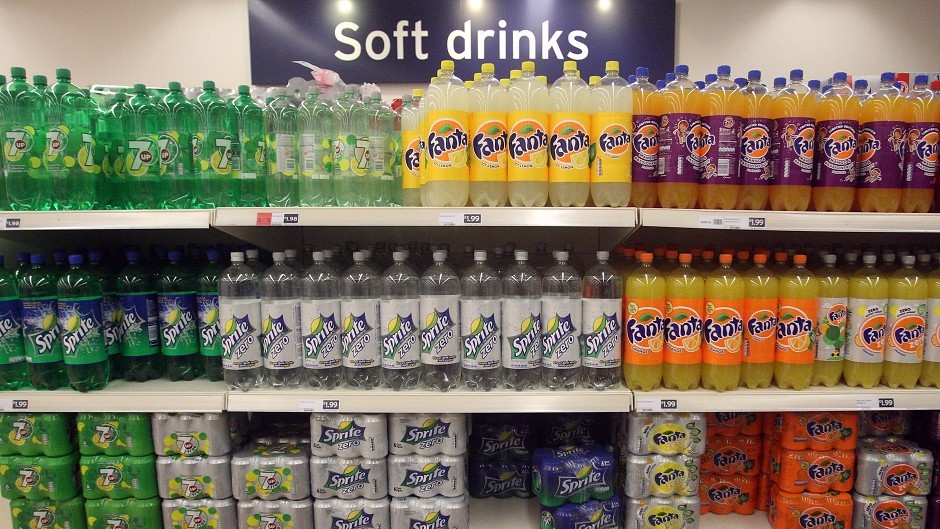A food watchdog has called on the Scottish Government to consider introducing a sugar tax to help tackle spiralling obesity.
Food Standards Scotland (FSS) has suggested that 40% of the Scottish population will be obese in 15 years without urgent action.
The body has made a series of “radical” recommendations – including a sugar tax and cutting portion – to the Scottish Government in a bid to tackle the crisis.
But the proposals have been blasted by the Scottish Conservatives for showing “a total poverty of ambition and thinking”.
FSS chairman, Ross Finnie, said: “There can be few in any doubt now as to the gravity of the health time-bomb related to poor diet and obesity facing our nation.
“The FSS Board was clear that as the sole body with statutory responsibility for diet and nutrition its leadership role is vital in affecting the changes in the paper.
“We know that we have been missing the Scottish dietary goals for the past 15 years, despite the range of changes already made, so the board’s view is that a raft of alternative, more radical, measures and interventions must be considered and introduced if we are to have the impact that is needed.”
Research, commissioned by FSS, suggests 54% Scottish adults claimed to be happy with the idea of unhealthy foods being taxed in order to decrease the price of healthy foods.
The same number claimed a tax on unhealthy foods would encourage them to buy and eat less unhealthy foods.
But Scottish Conservative health spokesman Jackson Carlaw said: “It is all very well for the FSS board to boldly announce these proposals but most of the actions come down to personal responsibility.
“In terms of a proposed sugar tax, why do so many rush to impose state sanctions which will impose yet further burdens on ordinary families?
“Resorting quickly to tax penalties evidences a total poverty of ambition and thinking from those who advocate it and is far more likely to alienate people.”
The Scottish Parliament has the power to introduce a sugar tax, but the vote would need to be rubber-stamped by the UK Parliament.
A similar measure – imposing a minimum unit price for alcohol – has been caught up in sustained legal wrangling since it was initially approved by Holyrood and has yet to be implemented.
